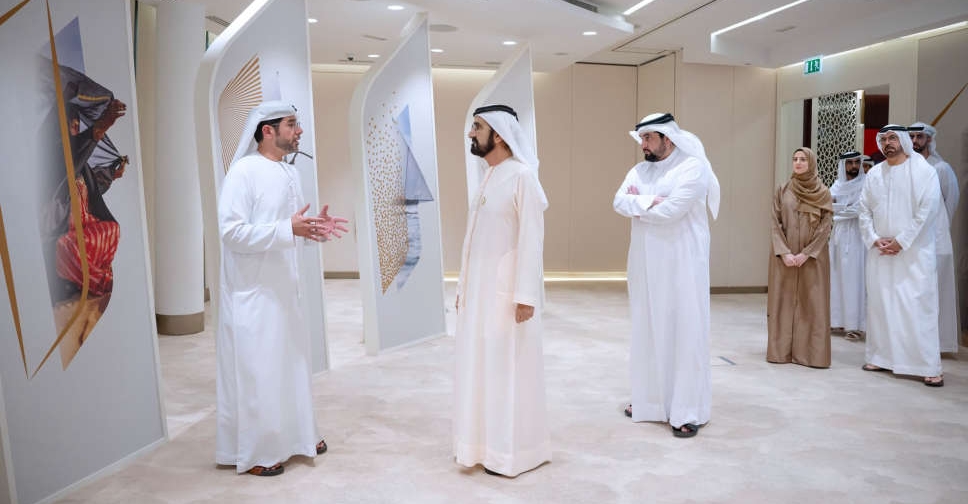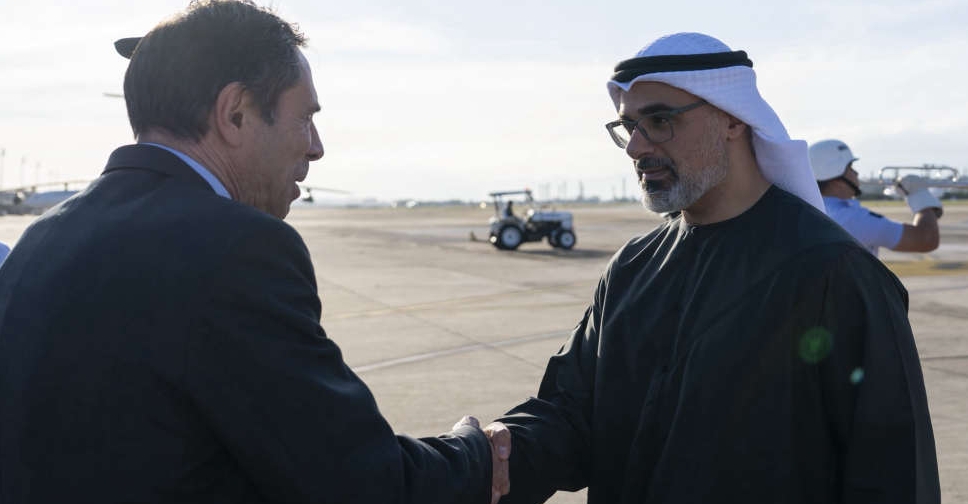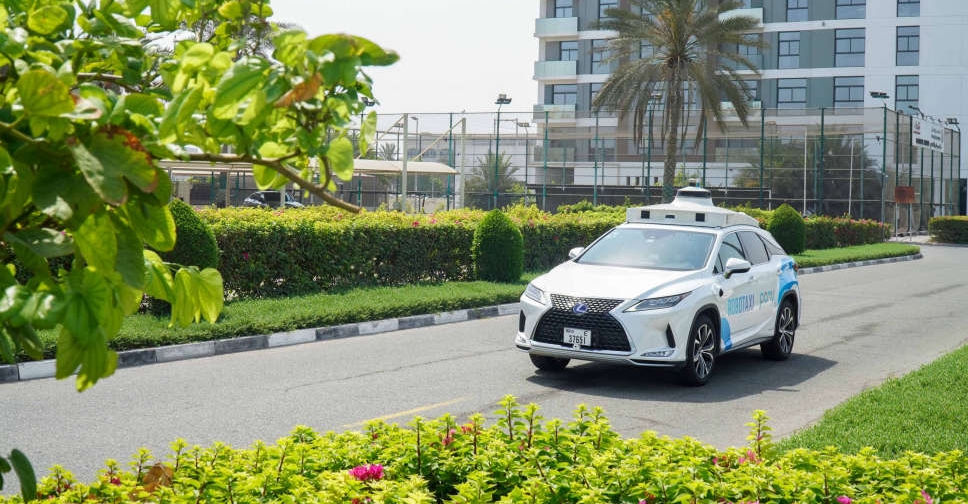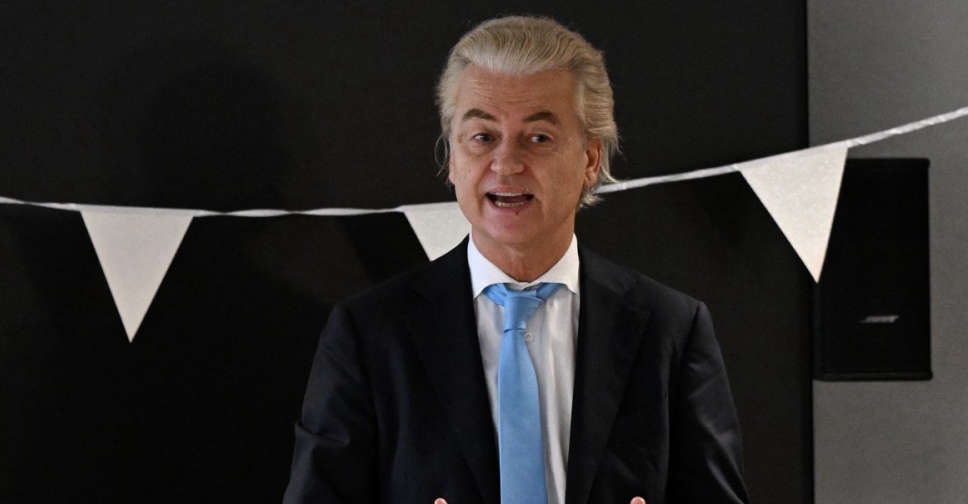
Dutch nationalist Geert Wilders on Wednesday said a deal had been reached to form what was set to be the most right-wing government in the Netherlands in decades, almost six months after a major election victory.
Wilders, who has influenced Dutch immigration policy from the opposition benches since 2006 and is known for his outspoken views on Islam, announced the successful outcome between four parties.
"We have an agreement among negotiators," Wilders, who had already forfeited the position of prime minister to get the parties to the negotiating table, told journalists in The Hague.
Talks had dragged on for months since Wilders' upset election victory on November 22, with immigration, finances and climate among the key sticking points.
"We're going to form a government," said Pieter Omtzigt, leader of the centrist NSC party. "We'll wait and see who Wilders proposes as a prime minister candidate."
A Labour party veteran who led some of the coalition negotiations, Ronald Plasterk, was named by Dutch media as a likely candidate to head a new government but that has not been confirmed.
A breakthrough in the discussions was reached in March as Wilders, 60, toned down anti-EU and anti-Islam rhetoric, and dropped opposition to all military support for Ukraine.
The announcement followed 16 hours of talks into the early hours of Wednesday during which key financial differences were ironed out.
The deal brings together outgoing Prime Minister Mark Rutte's centre-right VVD, the new NSC party and farmers' protest party BBB in a coalition with a strong majority of 88 seats in the 150-seat Lower House.
Louise van Schaik, head of EU & global affairs at the Clingendael think tank in The Hague, cautioned that even as the parties agreed to share power, the issue of prime minister could still be problematic.
If formed, the coalition could be "inherently unstable" due to inexperienced ministers, or lack of poltical connections within the new parties.
Trouble could also arise if cracks emerged between Wilders and decision makers in a new cabinet, with Wilders using social media to express his opposition to policy decisions he doesn't like. "It could be a very unstable construction," she added.
After Rutte announced his departure from Dutch politics last year, Wilders rode a wave of anti-immigration and anti-establishment sentiment to his largest electoral win, blaming a housing shortage on flows of asylum seekers.
He also drew on widespread concerns about the cost of living and the overburdened healthcare system.
Details of the government pact were not immediately announced, but the incoming government is widely expected to impose stricter asylum migration policies.
Wilders, who has close ties with other European populists including Hungary's Viktor Orban, has also made promises of lavish spending on healthcare and a lowering of the retirement age. But budget constraints make it unlikely the other parties will all support these plans.

 Israel sends delegation to Qatar for Gaza talks ahead of Netanyahu trip to US
Israel sends delegation to Qatar for Gaza talks ahead of Netanyahu trip to US
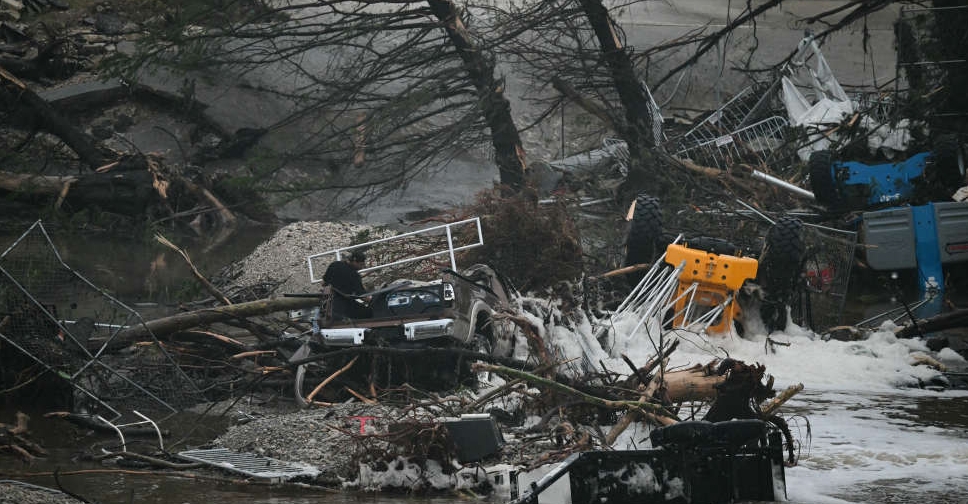 Death toll from Texas floods reaches at least 50; dozens still missing
Death toll from Texas floods reaches at least 50; dozens still missing
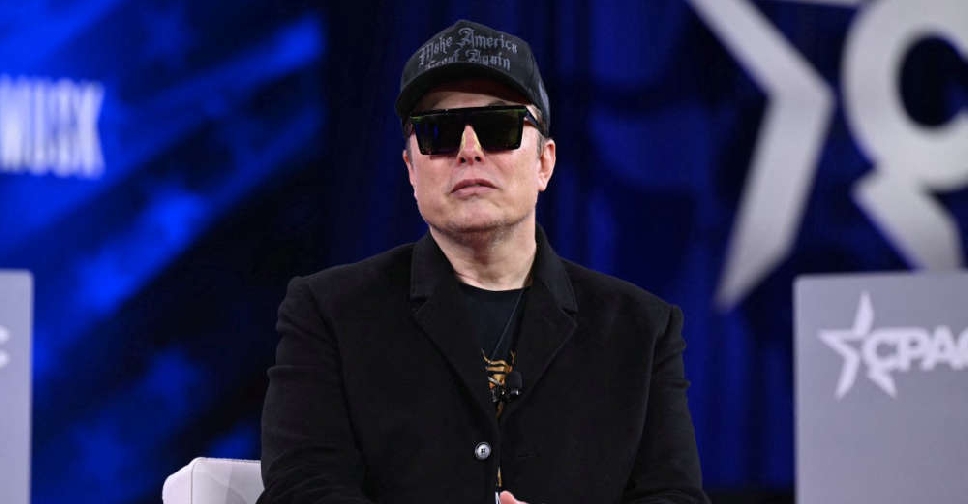 Musk announces forming of 'America Party' in further break from Trump
Musk announces forming of 'America Party' in further break from Trump
 Leaders of growing BRICS group gather for Rio summit
Leaders of growing BRICS group gather for Rio summit
 At least 24 dead in Texas flash flooding
At least 24 dead in Texas flash flooding
